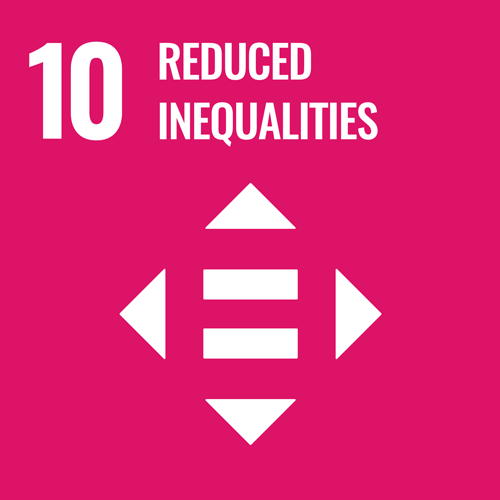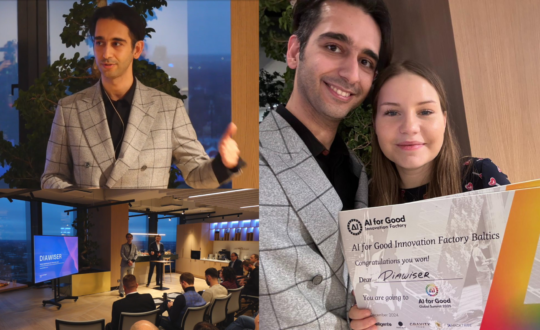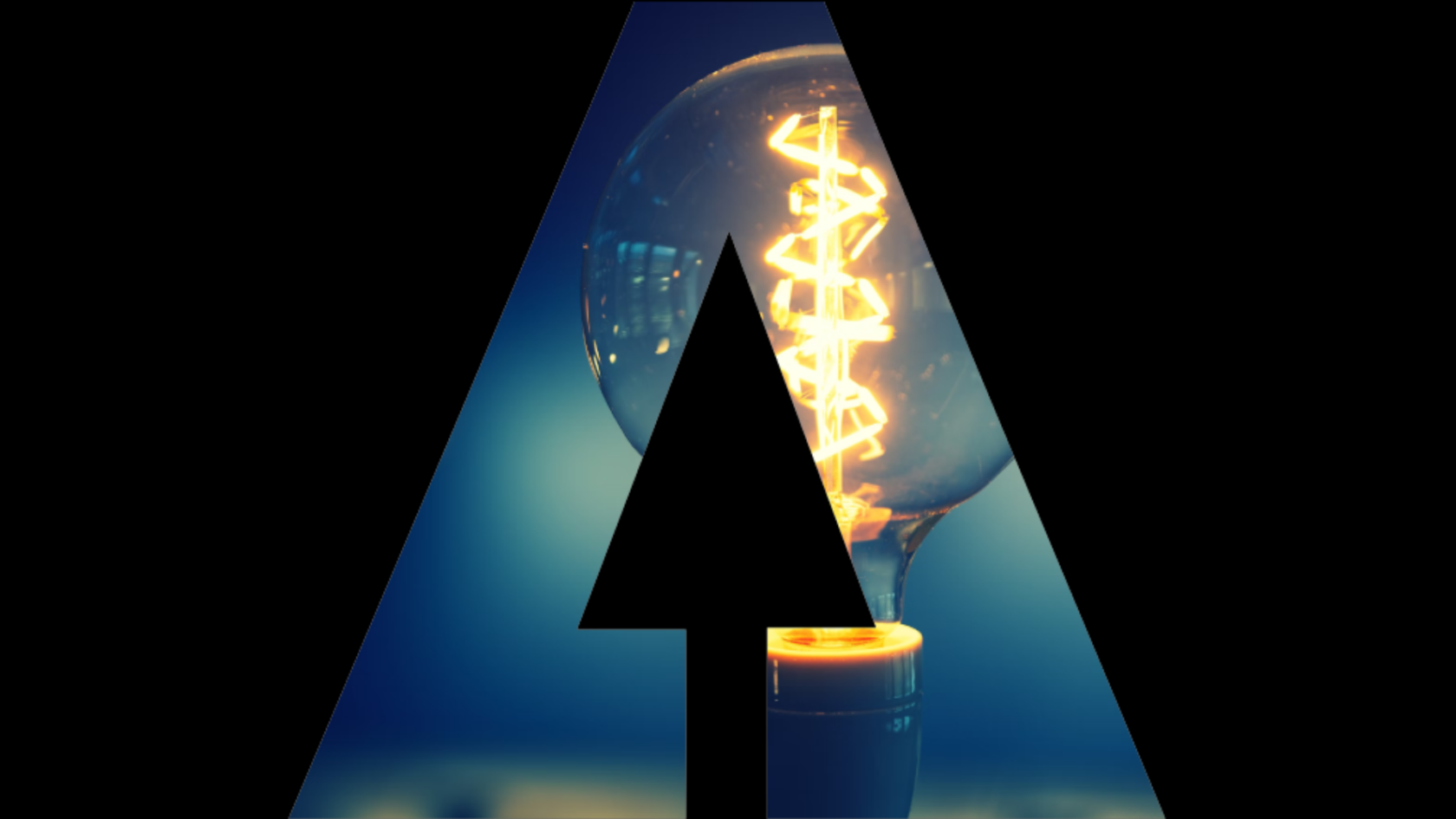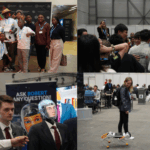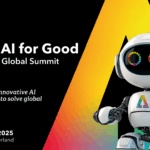1. HRH Princess Beatrice makes an impact
The AI for Good Impact Initiative was launched by ITU to harness the power of AI to address global challenges and achieve the United Nations Sustainable Development Goals (SDGs) by 2030.
Announced by HRH Princess Beatrice on the Centre Stage, alongside Frederic Werner, AI for Good’s Chief of Strategy and Operations, and Xu Chaofeng, Director General of International Cooperation Department, Ministry of Industry and Information Technology (MIIT), China, with a video message from Werner Vogels, Chief Technology Officer and Vice President, Amazon.
The chair of the initiative was announced Ebtesam Almazrouei, Founder and CEO, AIE3. As a Tech Visionary Leader, she was chosen to lead the AI for Good Impact Circle and ensure that this initiative helps AI to scale across various projects and regions.
AI for Good is honoured to have HRH Princess Beatrice @yorkiebea joining together with us to build an #AI future that is collaborative, innovative and geared towards solving some the world's greatest problems at @ITU #AIforGood pic.twitter.com/0MxmXziR2G
— AI for Good#AIforGood (@AIforGood) May 31, 2024
2. President Macron shares tweet sent by brain waves in a ‘world-first’
Machines must adapt to human needs, asserts Olivier Oullier, CEO of Inclusive Brains. His team has developed an AI that integrates brain waves, movement, voice intonation, and physiological data to assist individuals with disabilities.
A live demonstration at the AI for Good Press Conference showcased this innovation through a tweet sent to President Macron using only the power of the mind, underscoring the remarkable accomplishments of Inclusive Brains’ small but dedicated team.
“Leveraging technology to adapt to the needs of people helps them achieve not only simple actions but also use these technologies for various purposes,” Oullier explained.

3. Accessibility takes centre stage
Among the groundbreaking technologies showcased this year is an AI-powered exoskeleton developed by the French startup Wandercraft, which aims to transform the lives of people with paralysis. Wandercraft’s journey began 12 years ago with the vision to create an exoskeleton that could help individuals with paralysis walk again. The inspiration behind this innovation is deeply personal for the company’s founder, Nicolas Simon, who shared his family’s experience with paralysis.
“My grandmother had the disease, and she had 10 children, seven of whom inherited the condition, including my father, who passed it on to my brother and sister. Two of my family members use wheelchairs,” he explained.
This personal connection fueled his determination to build a new mobility tool.
Leveraging advancements in robotics and AI, Wandercraft’s exoskeleton is designed to aid walking for those with mobility impairments. For paralympic tennis player Charlotte Fairbank, this technology has been life-changing.
“I’ve been in a wheelchair for just over 16 years and don’t regularly stand up. The health benefits it gives me, like improved blood flow and bone density, just being able to stand up and feel better in my body, are incredible,” she shared.
Charlotte sees hope in technology and AI for potentially enabling people to walk again, emphasizing the significant impact of such innovations.
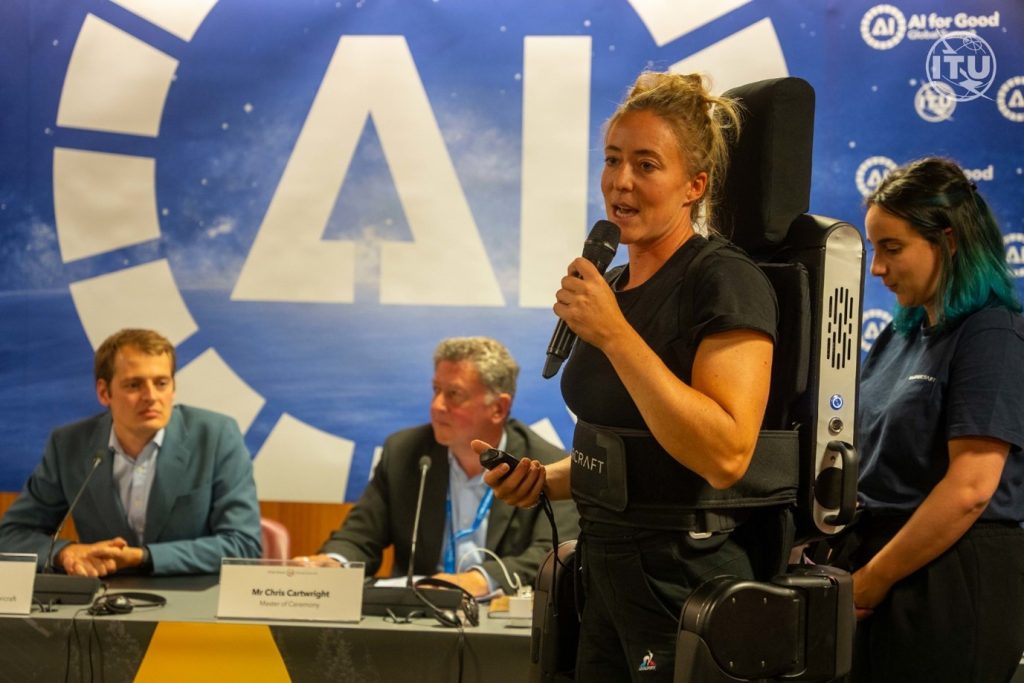
The powerful combination of AI and robotics showcased at the summit demonstrates significant potential to enhance the quality of life for people with disabilities.
4. World’s Standards organizations join to combat fake news
The rapid advancements in AI and generative AI technology have given rise to deepfakes—sophisticated manipulations that challenge our ability to discern real from fake. As these technologies become more pervasive, ensuring safety, trust, and authenticity is paramount.
Misinformation propagated by AI poses serious risks, making transparency and accountability crucial. Content creators also face challenges in asserting ownership due to generative AI’s influence. International standards will play a crucial role in supporting government efforts to address these challenges through policy measures and regulations.
At the AI for Good Global Summit, several standards development organizations (SDOs) including the International Electrotechnical Commission (IEC), the International Telecommunication Union, International Standards Organization (ISO) along with Content Authenticity Initiative, the Coalition for Content Provenance and Authenticity (C2PA), the IETF, and JPEG announced a multi-stakeholder collaboration on global standards for AI watermarking, multimedia authenticity, and deepfake detection technologies.

5. Woman led-start up takes Innovation Factory top prize
The AI start-up Stemuli with their groundbreaking generative metaverse gaming platform was declared the winner of the Innovation Factory Grand Finale in Geneva, Switzerland. The winner – Stemuli, is reimagining education with AI-tailored learning and immersive career training. Their game allows students to train for any career through realistic simulations. They scale by integrating third-party educational content, creating engaging single and multiplayer experiences for their millions of unengaged learners.
“We believe that every learner deserves a highly engaging experience that should last a lifetime. We use personalised learning for every kid on the planet and we are on a mission to leverage ai and gaming for education and the future,” said Taylor Shead, the Founder and CEO of Stemuli.
Watch an interview with Taylor here.
Relive the excitement from the Summit!
Watch the AI for Good YouTube channel for Main Stage talks, highlights and interviews from the AI for Good Global Summit.




